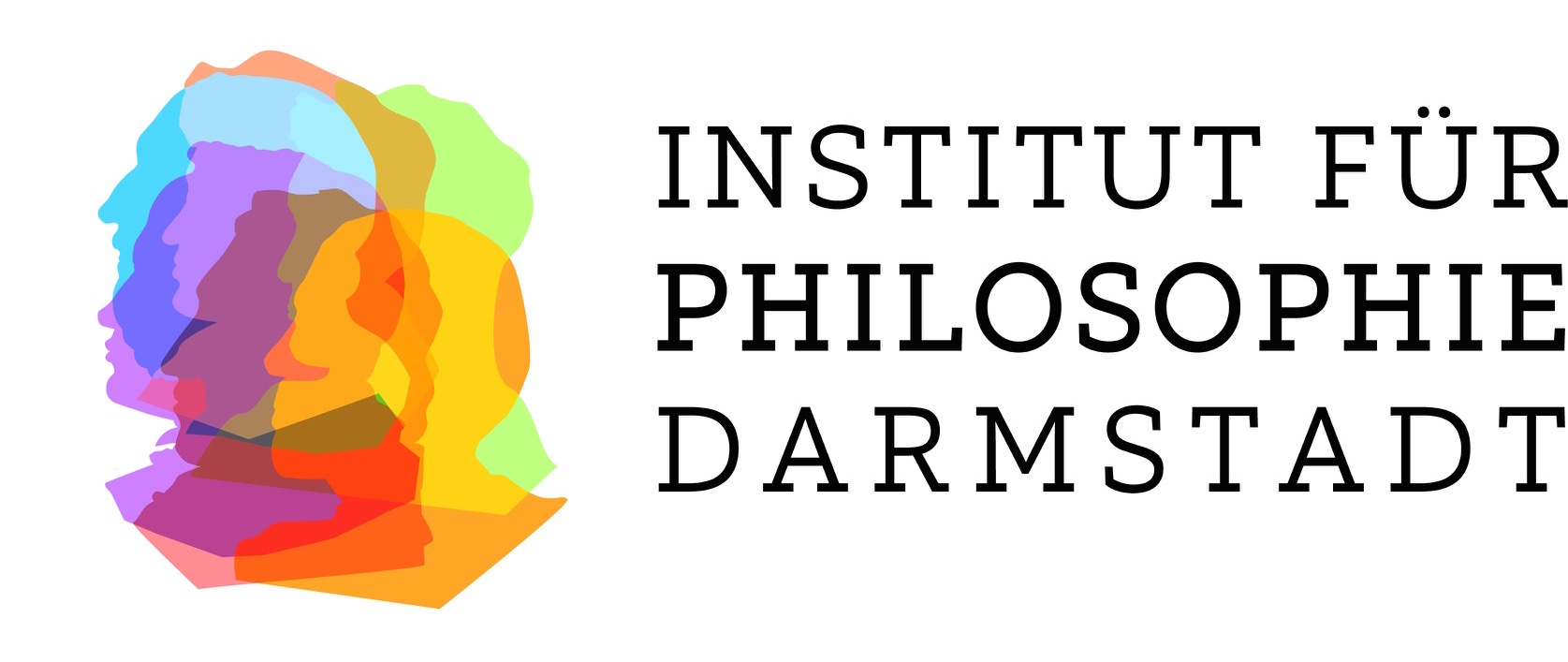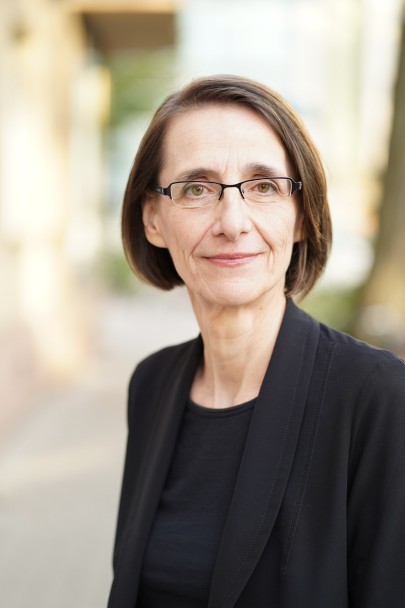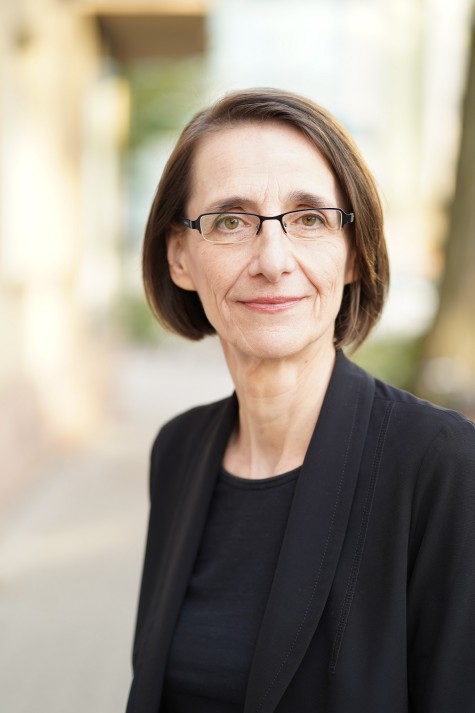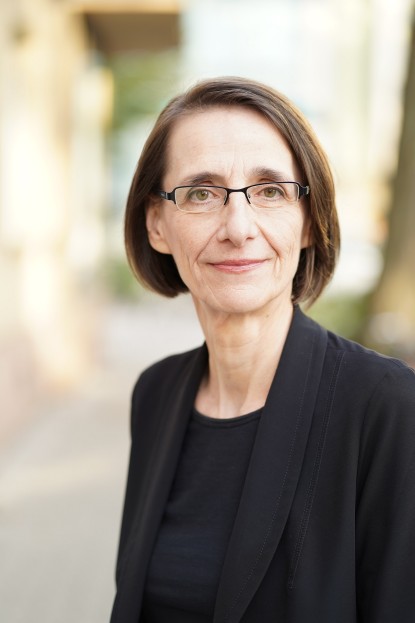Biographical Note
Prof. Dr. Petra Gehring (*1961) studied philosophy, political science and law at the Universities of Gießen, Marburg, and Bochum (Germany). Since 2002 she is Professor for Theoretical Philosophy at TU Darmstadt.
Petra Gehring has served as managing co-editor of the Historisches Wörterbuch der Philosophie (edited by Joachim Ritter, Karlfried Gründer, and Gottfried Gabriel, Basel, 1971-2007). She is a member of the editorial board for several journals, including Journal Phänomenologie, Jahrbuch Technikphilosophie, and, since 2022, Deutsche Zeitschrift für Philosophie. Additionally, she was part of the editorial team of the Zeitschrift für Ideengeschichte until September 2022 and currently serves on the advisory board of Philosophisches Jahrbuch.
Until 2006, Petra Gehring was the Speaker of the DFG Research Training Group (RTG) Technification and Society, and until 2015, she served as Speaker of the DFG RTG Topology of Technology. She also held the position of Principal Investigator (PI) for the DFG RTG E-Learning until 2010, the LOEWE-Schwerpunkt Eigenlogik der Städte, the Doctoral Programme Knowledge Discovery in Scientific Literature, and the DFG RTG Europäische Traumkulturen at the University of Saarbrücken (until 2024). Since 2023, she has been the PI of the DFG RTG Standards of Governance.
Petra Gehring currently serves on several committees, including the evaluation commission of the German Science Council and the Council for Information Infrastructures, where she is the chairwoman. Since April 2020, she has been the scientific director of the Hessian Centre for Responsible Digitality (ZEVEDI). Together with physicist and philosopher Marlene Görger, she hosts the ZEVEDI podcast Digitalgespräch.
Areas of Research
- Metaphysics and anti-metaphysical criticism, especially in the 19th and 20th centuries
- Classical and post-classical phenomenology, structuralism, post-structuralist and systems theory
- Philosophical conceptual history (Begriffsgeschichte) and metaphorology
- Technology and power, new technologies: Biotechnologies, digitality and digital infrastructures
- Applied ethics as a political field
- Selected problems of aesthetics: on the performance of signs, voice, text, and sound
A complete list of publications is available here.
Current Research
- History of Bioethics in Germany (1970-2010)
- Modal approaches to the problem of Power
- Advanced digital infrastructures, data trusteeship
- Digital metaphor analysis, Digital Humanities





